Highlights:
- Asha Jadeja Motwani claims she directly influenced Trump and Vance on softening the stance toward H-1B visas.
- She argues that she and her late husband might not have immigrated under today’s visa climate.
- Motwani criticizes wealthy Indian-Americans for limited political engagement beyond the Democratic Party.
- She urges the diaspora to actively lobby in Washington, saying access to the administration is easy.
- Trump’s recent remarks on talent and H-1B stirred backlash, prompting clarification from his administration.
Indian-origin venture capitalist and Republican donor Asha Jadeja Motwani has claimed that she played a pivotal role in shaping president Donald Trump's recent stance on the H-1B visa program, which enables US tech companies to hire skilled professionals from abroad, particularly from India.
Motwani, who has been increasingly vocal about diaspora engagement in the US policy making, said she personally spoke with both president Trump and vice president JD Vance to emphasize the value of attracting top Indian talent to the US.
In a post on X, Motwani wrote that she highlighted her own journey and that her late husband, Rajeev Motwani, the influential Indian-American Standford computer science professor known for mentoring tech founders, arguing that they may not have been able to enter the US under today's contentious H-1B environment.
“People like Rajeev Motwani and I would not have come easily into the US if the current H-1B drama had been playing out in the 1980s,” she said.
Motwani described the Trump-Vance administration as more open to dialogue and new ideas than generally perceived. She revealed that during weekend stay at Mar-a-Lago, she gained what she called 'unusual access' to the president with minimal effort.
This experience prompted her to question why more wealthy Indian-Americans were not engaging directly with the administration. “Engaging with the current administration in Washington, D.C., is easy and very, very doable. In fact, it is welcomed by everybody,” she wrote.
Expressing frustration, Motwani said she has been advocating for Indian interests in Washington for nearly a year but has not seen similar involvement from other high-net-worth (HNI) Indian-Americans.
She criticized prominent Indian-American billionaires for limiting their influence to Democratic circles and failing to push issues relevant to India or the broader diaspora in the nation’s capital.
According to her, many wealthy Indian-Americans explained their political distance by saying they “only know the Democrats,” a rationale she firmly rejected. She added that some avoid engaging with the Trump-Vance administration due to personal dislike.
Still, she argued that this stance results in complete inaction on issues important to both India and the U.S. “I have lost respect for some friends who on the pretext of ‘not liking Trump & Vance’ are doing diddley squat for India or the US,” she wrote.
Motwani stressed that it is in America’s geopolitical and economic interest to deepen ties with India, and she believes the diaspora can significantly influence that trajectory.
Her comments coincided with Trump’s recent FOX interview, in which he remarked that America needs “certain types of talent” when addressing the H-1B debate.
His statement upset segments of the MAGA base, who interpreted it as suggesting insufficient American talent. The administration later clarified that it supports allowing foreign students and professionals to study and train in the U.S., but expects them eventually to return to their home countries.
Motwani’s assertions highlight both internal debates within the Indian-American community and the broader political recalibration around high-skilled immigration as the US navigates competing economic and political pressures.
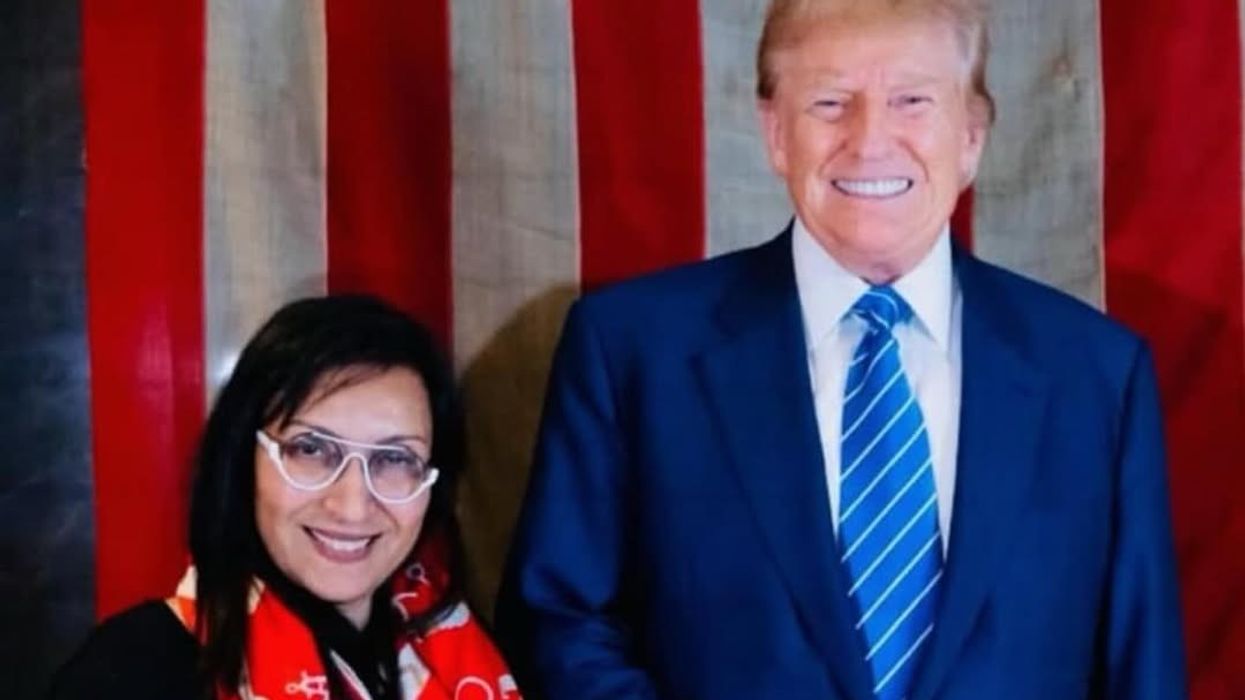


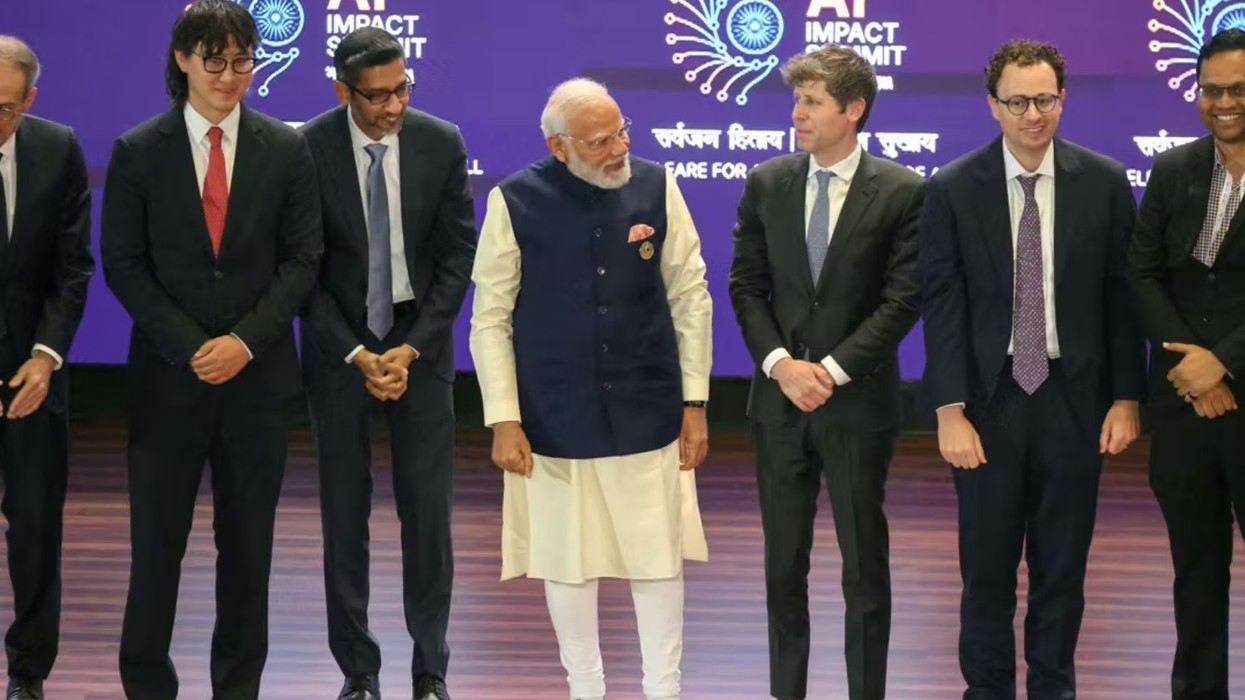
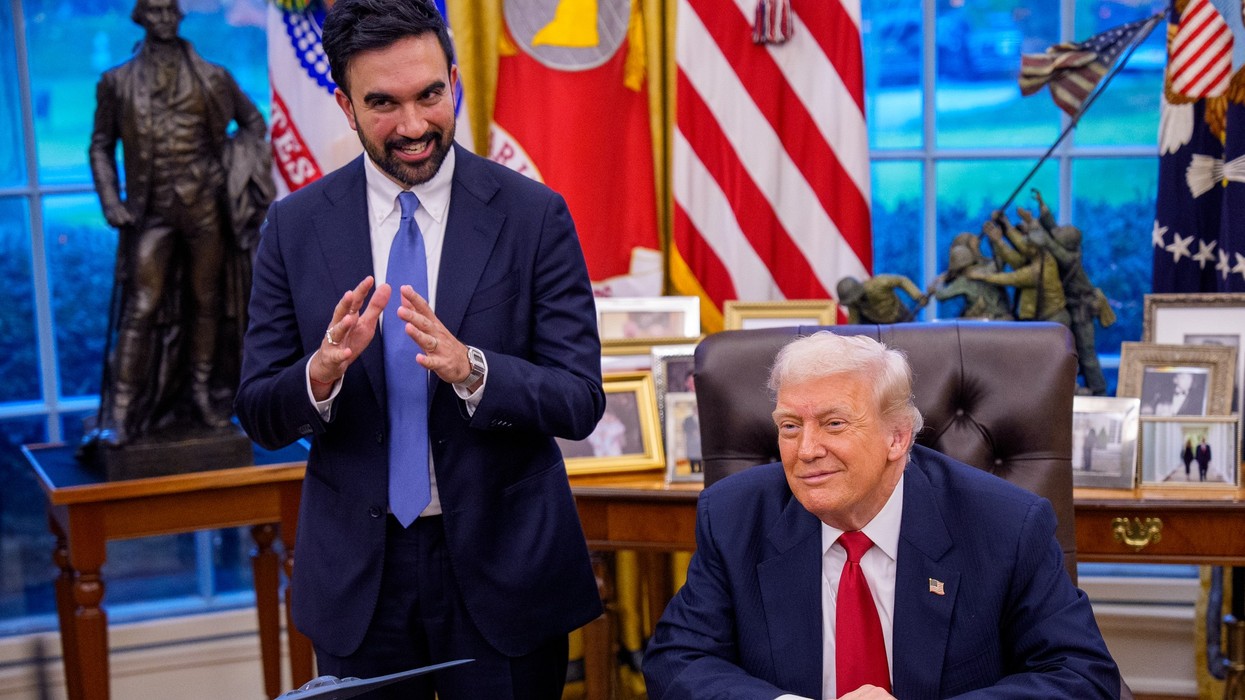



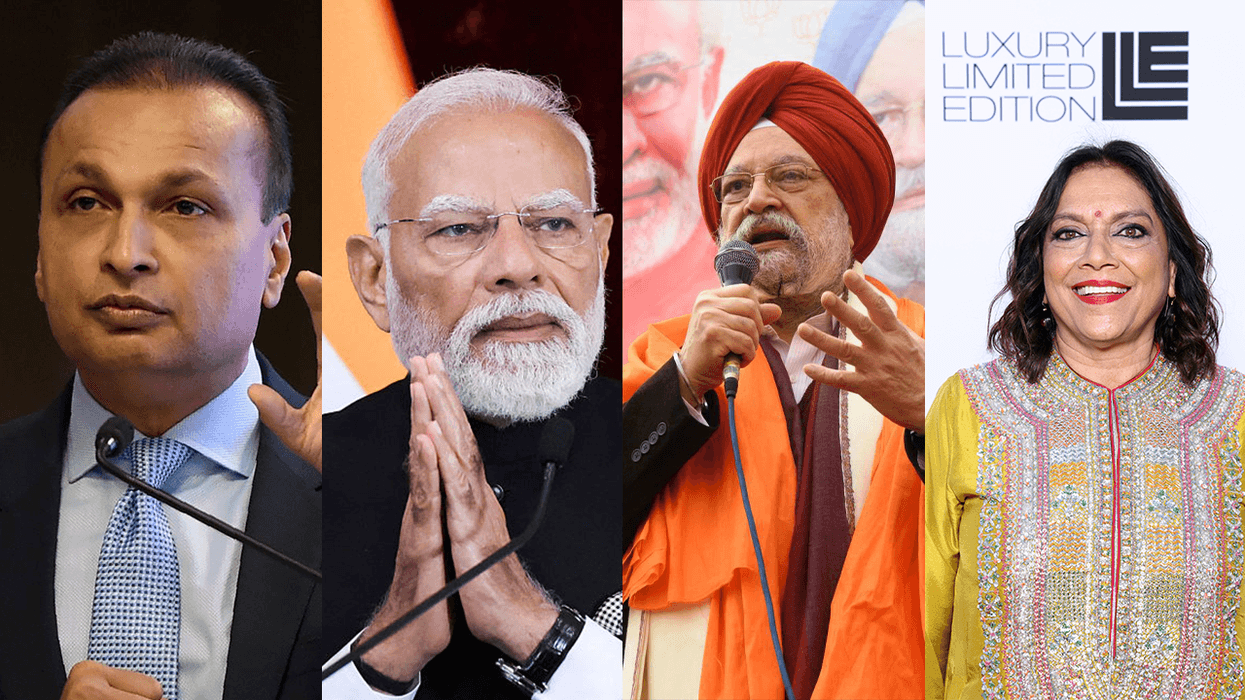



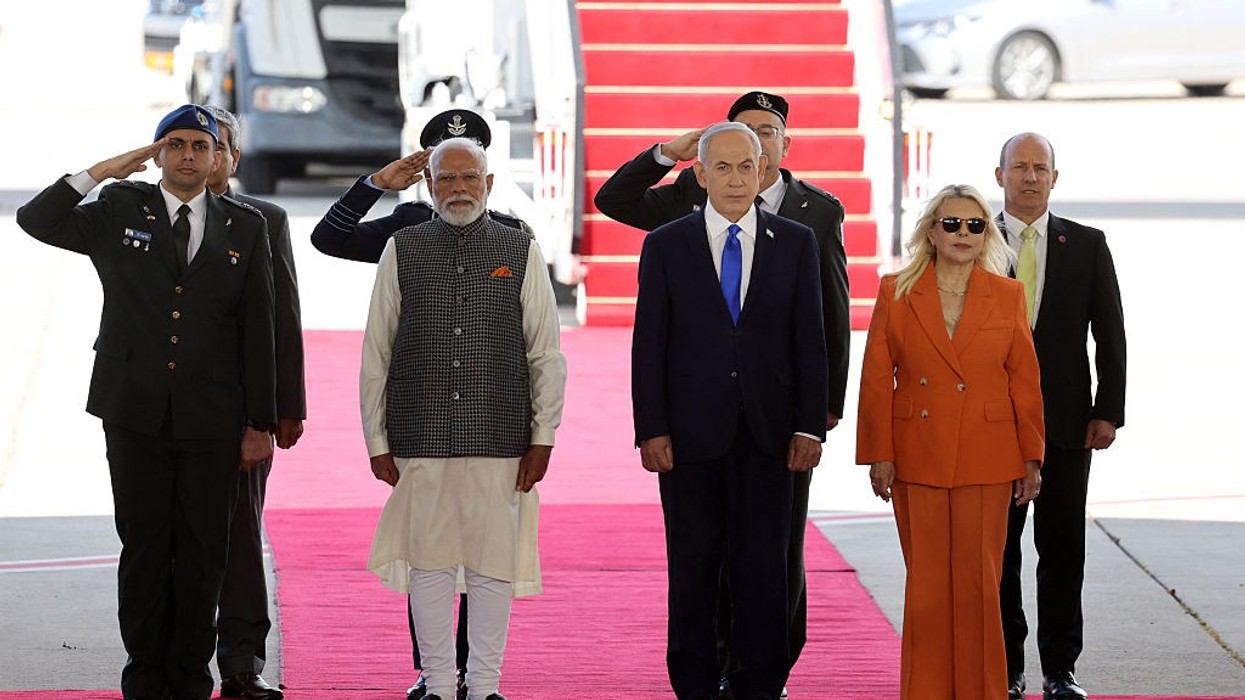
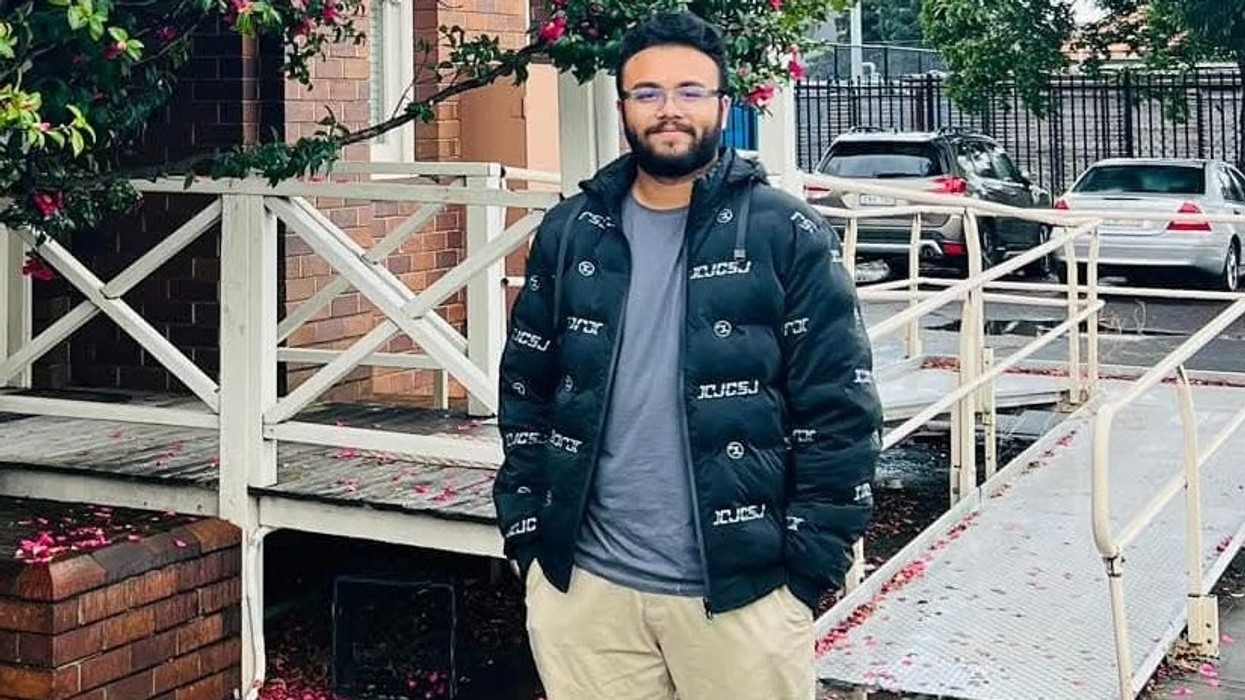
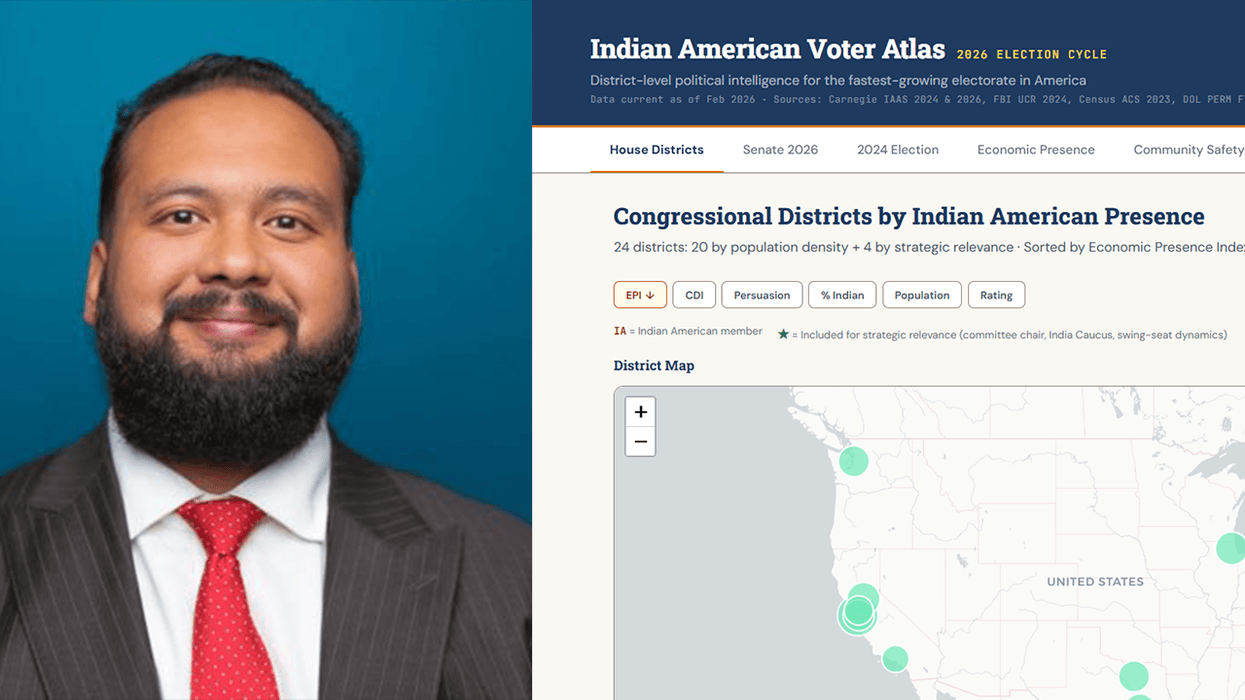
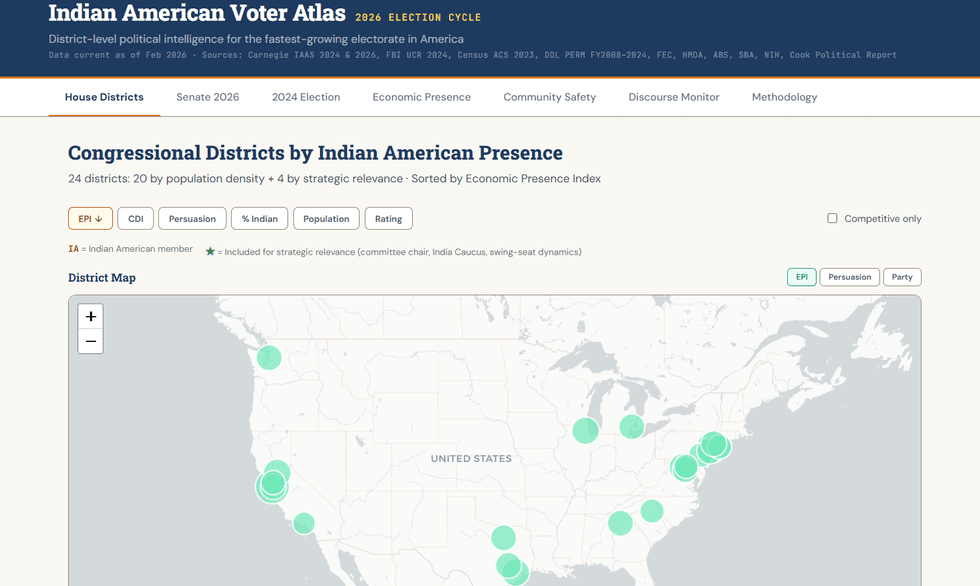 https://www.voteratlas.io/
https://www.voteratlas.io/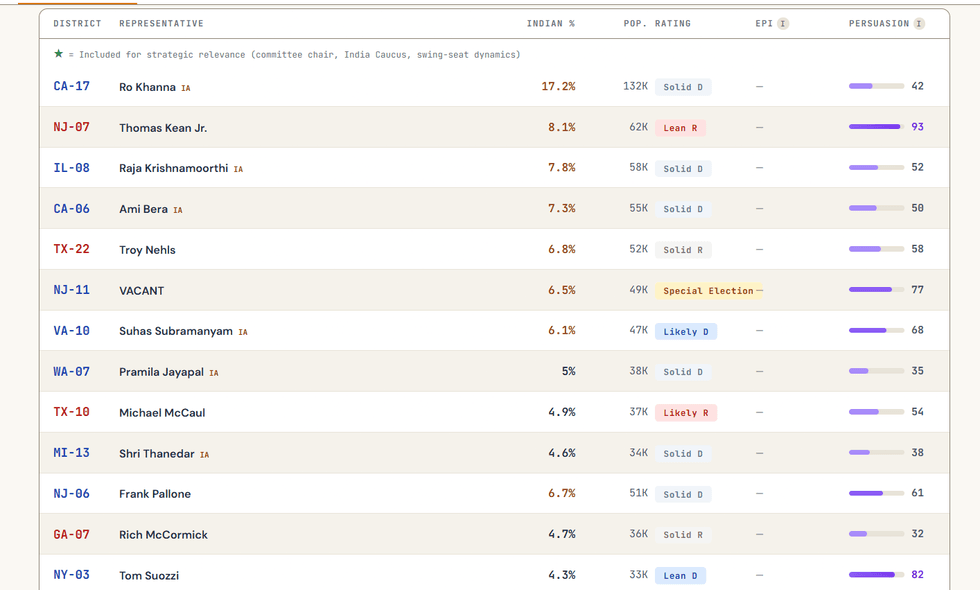 https://www.voteratlas.io/
https://www.voteratlas.io/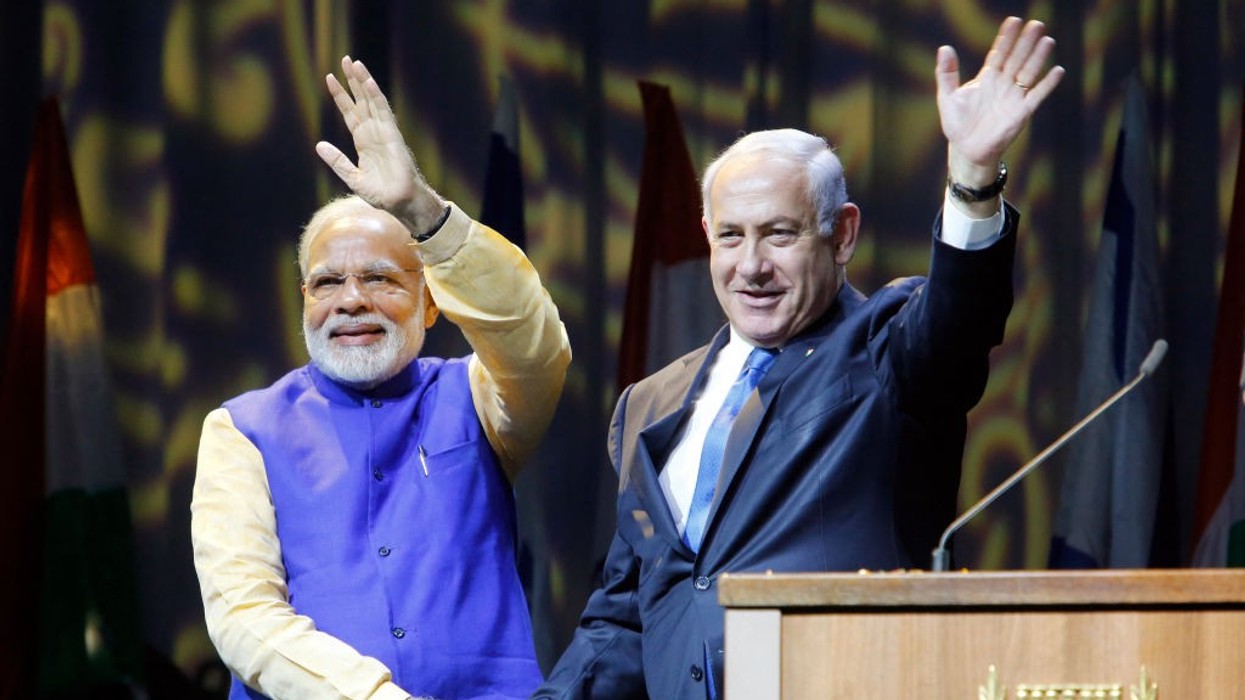
 A historic moment in Israel. The parliament erupted in applause and echoed with ‘Modi, Modi’ chants as PM Narendra Modi prepared to address lawmakers, highlighting the deep ties and admiration… | Times Now
A historic moment in Israel. The parliament erupted in applause and echoed with ‘Modi, Modi’ chants as PM Narendra Modi prepared to address lawmakers, highlighting the deep ties and admiration… | Times Now